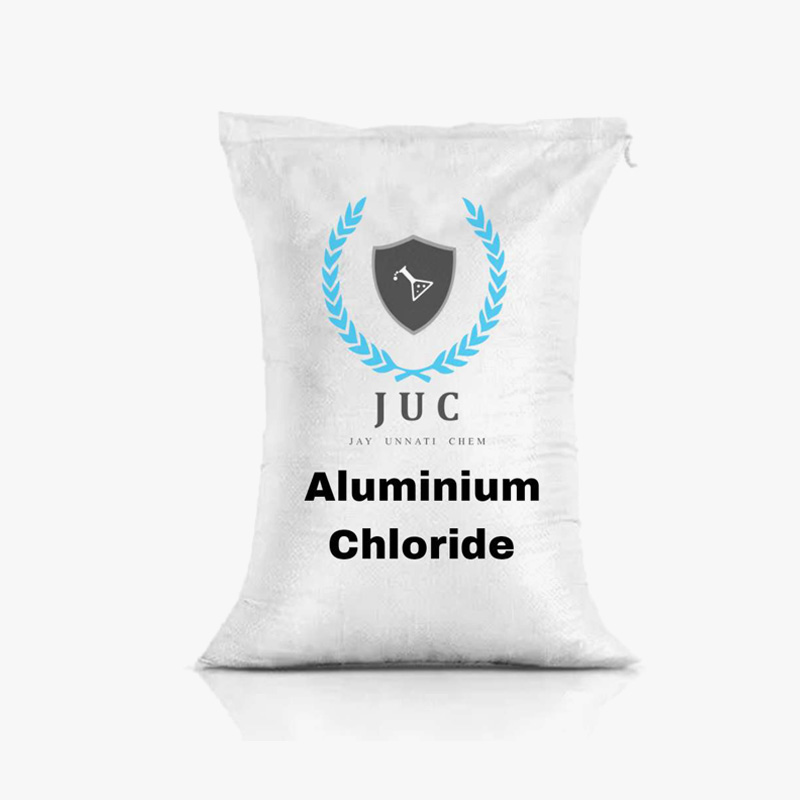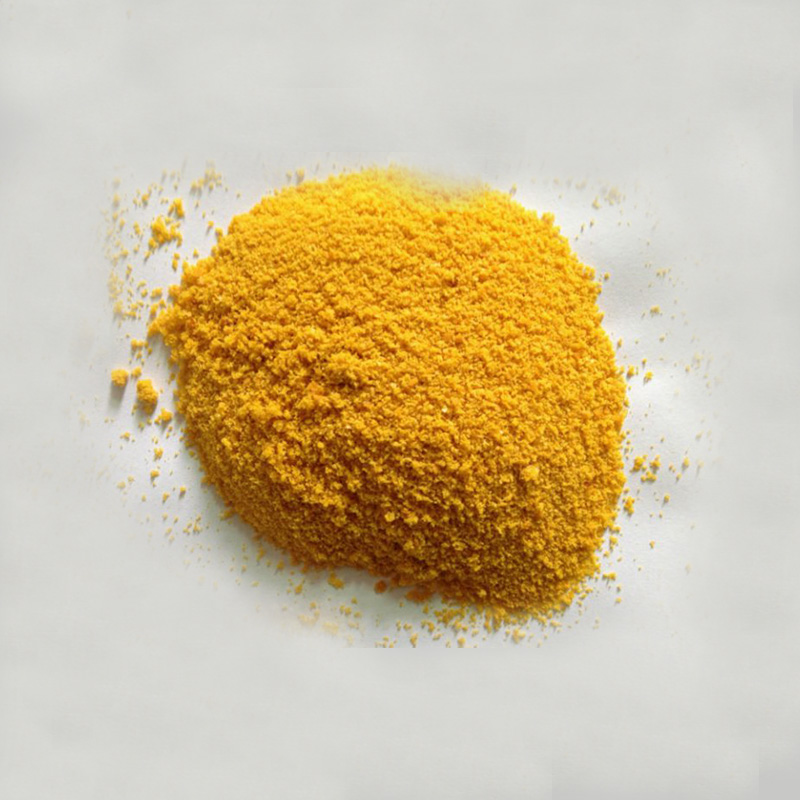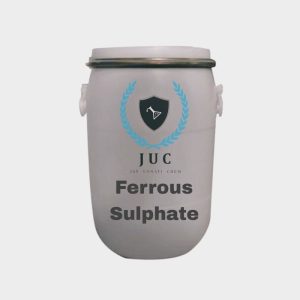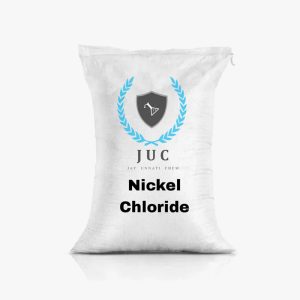Aluminum chloride is a chemical compound consisting of aluminum and chlorine, with the chemical formula AlCl₃. It is a versatile and essential compound in various industrial applications. Aluminum chloride occurs in both an anhydrous and hydrated form, each with distinct characteristics and uses.Physical Properties: Anhydrous aluminum chloride is a white or colorless crystalline solid at room temperature. It has a high melting point of 192.4°C and can easily sublimate to form vapors at higher temperatures. The hydrated form, AlCl₃·6H₂O, appears as a white powder and is highly soluble in water. The anhydrous form is hygroscopic, meaning it readily absorbs moisture from the air, leading to the formation of the hydrated compound. When dissolved in water, aluminum chloride dissociates into aluminum ions (Al³⁺) and chloride ions (Cl⁻), contributing to its high reactivity. Chemical Properties: Aluminum chloride is a Lewis acid, meaning it can accept electron pairs. This property allows it to form complexes with various other compounds, making it a valuable catalyst in several chemical reactions. It can also react with water, producing hydrochloric acid (HCl) and aluminum hydroxide (Al(OH)₃), especially in the anhydrous form. In addition to being reactive with water, aluminum chloride also reacts with organic compounds, particularly in Friedel–Crafts reactions, where it is used to catalyze the alkylation and acylation of aromatic compounds. Industrial Uses: One of the primary industrial applications of aluminum chloride is in the production of aluminum metal. It is used in the Hall-Héroult process for aluminum extraction from its ores. Additionally, aluminum chloride plays a critical role in the petrochemical industry, where it serves as a catalyst in refining processes such as the alkylation of hydrocarbons to produce high-octane fuels. Aluminum chloride is also used in the production of various chemicals, including synthetic dyes, pharmaceuticals, and pesticides. Furthermore, its catalytic properties make it indispensable in the synthesis of polymers, including plastics. Safety and Environmental Considerations: Aluminum chloride, especially in its anhydrous form, can be highly corrosive and must be handled with care. It can cause skin and eye irritation, and inhalation of its vapors may lead to respiratory issues. Proper storage and protective equipment are necessary when handling aluminum chloride to ensure safety.
Aluminum Chloride
| Cas No : | 7446-70-0 |
| Formula : | AlCl3 |
| Hsn Code : | 28273200 |
| Form : | Power |
| Molecular Weight : | 133.34 g/mol |
| Melting Point : | 190 °C |
| Boiling Point : | 181.2 °C |






Reviews
There are no reviews yet.